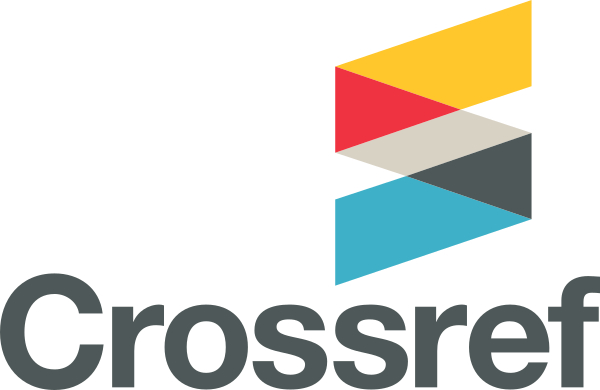JSER Policies
JSER Online
JSER Data
Frequency: quarterly
ISSN: 1409-6099 (Print)
ISSN: 1857-663X (Online)
Authors Info
- Read: 11200
Peter
SKUBER
EARLY
TREATMENT OF HANDICAPPED CHILDREN-ESPECIALLY
OF
MENTALLY HANDICAPPED
In my discussion about the early treatment, I am going to
point out three important matters:
1.
Open public health service
The deliveries are made at hospitals and the health service
is the first to detect and treat children who are disturbed in their
development. It also supervisor pregnancies. Upon the delivery, the screening
test is used to analyze the risk delivery. At the beginning, the treatment is
individual.
2.
Group (5-8) children in regular kindergarten
The transition of the child from the clinical treatment to
the kindergarten is the result of an agreement between the team of experts both
from the health institutes and pedagogical field of activity working in this
way also when the child is in the nursery.
The group of 5-8 handicapped children is now under the
supervision of a nursery teacher having been to obtain special pedagogical
education.
3.
Seminars of parents
The state unity of associations providing for handicapped,
in cooperation with local associations, organizes seminars lasting several days
for parents and children.
The purpose of the seminars is first of all helping parents in solving their emotional problems and also informing them on numerous issues appearing in connection with their child and themselves.
Share Us
Journal metrics
-
 SNIP 0.059
SNIP 0.059 -
 IPP 0.07
IPP 0.07 -
 SJR 0.13
SJR 0.13 -
 h5-index 7
h5-index 7 -
 Google-based impact factor: 0.68
Google-based impact factor: 0.68
10 Most Read Articles
- PARENTAL ACCEPTANCE / REJECTION AND EMOTIONAL INTELLIGENCE AMONG ADOLESCENTS WITH AND WITHOUT DELINQUENT BEHAVIOR
- RELATIONSHIP BETWEEN LIFE BUILDING SKILLS AND SOCIAL ADJUSTMENT OF STUDENTS WITH HEARING IMPAIRMENT: IMPLICATIONS FOR COUNSELING
- EXPERIENCES FROM THE EDUCATIONAL SYSTEM – NARRATIVES OF PARENTS WITH CHILDREN WITH DISABILITIES IN CROATIA
- INOVATIONS IN THERAPY OF AUTISM
- AUTISM AND TUBEROUS SCLEROSIS
- THE DURATION AND PHASES OF QUALITATIVE RESEARCH
- REHABILITATION OF PERSONS WITH CEREBRAL PALSY
- DISORDERED ATTENTION AS NEUROPSYCHOLOGICAL COGNITIVE DISFUNCTION
- DIAGNOSTIC AND TREATMENT OPTIONS IN AUTISTIC SPECTRUM DISORDERS – AN OVERVIEW
- HYPERACTIVE CHILD`S DISTURBED ATTENTION AS THE MOST COMMON CAUSE FOR LIGHT FORMS OF MENTAL DEFICIENCY
















